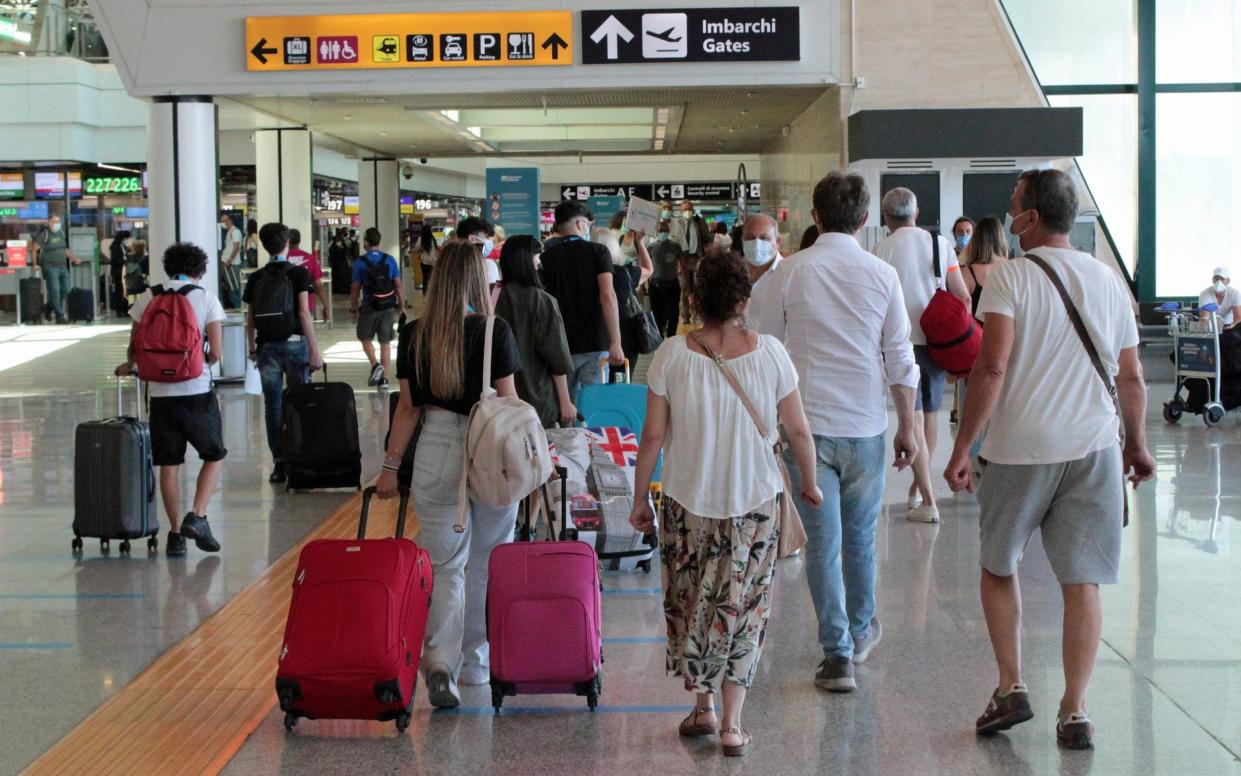Italy extends quarantine for Britons until August 30

Italy has extended for another month its quarantine rule for British tourists, even after the UK government’s decision to drop entry restrictions for fully vaccinated arrivals from the EU and the US.
Anyone entering Italy from Britain will have to show a negative Covid test result, self-isolate for five days, and take another swab test at the end of the isolation period, Health Minister Roberto Speranza said in a decree that prolonged until Aug 30 measures that were due to expire on Friday.
Speranza also announced that Italy would from now on recognise UK vaccination certificates, making it easier for any Briton who makes it across to comply with local Covid passport regulations, which will from Aug 6 apply to indoor bars, restaurants, museums, cinemas and other venues.
Federturismo, a trade body for the tourism industry, was lobbying for a relaxation of the quarantine rules, blaming them for a major drop in bookings from the UK but their pleas went unheeded.
"We would like fully vaccinated British tourists to be able to come to Italy freely... just as fully vaccinated Italians will be able to freely go to Britain," Antonio Barreca, the group's director general, told the Telegraph. “We are working on it,” he added.
In 2019, before the Covid-19 pandemic triggered worldwide lockdowns and travel restrictions, nearly 14 million Britons visited Italy - about 6 per cent of the total arrivals from abroad.
With his decree, Speranza also prolonged entry bans for travellers from India, Bangladesh, Sri Lanka and Brazil, and confirmed quarantine waivers for fully vaccinated tourists from the US, Canada and Japan.
Like most of Europe, Italy has in recent weeks been grappling with the spread of the Delta variant of the coronavirus, but its case numbers are lower than Britain’s.
On Thursday, it reported more than 6,000 new infections and 19 deaths.

 Yahoo News
Yahoo News 
